Monsha for Universities
Monsha helps university teachers, educators, and instructors save hours each week by generating academic resources and assessments that support different study areas and pedagogical approaches.

Used by teachers worldwide to plan curriculum, generate quality instructional materials, and keep teaching aligned, consistent, and adaptable across classrooms.















Teachers should spend less time juggling tools and more time teaching. Monsha’s all-in-one platform unifies planning, prep, and personalization into a single, connected workflow, turning that vision into reality.
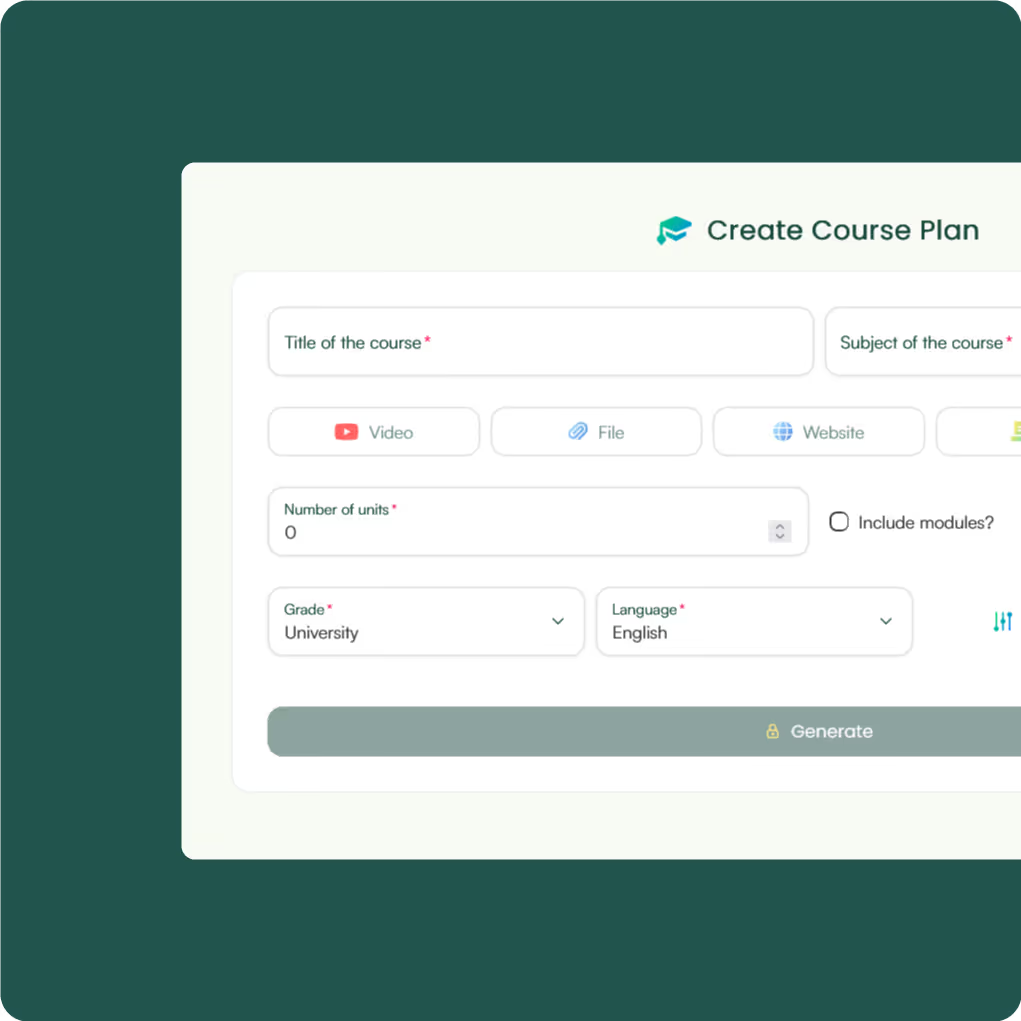
Build and distribute aligned course plans across classrooms with built-in resource customization.
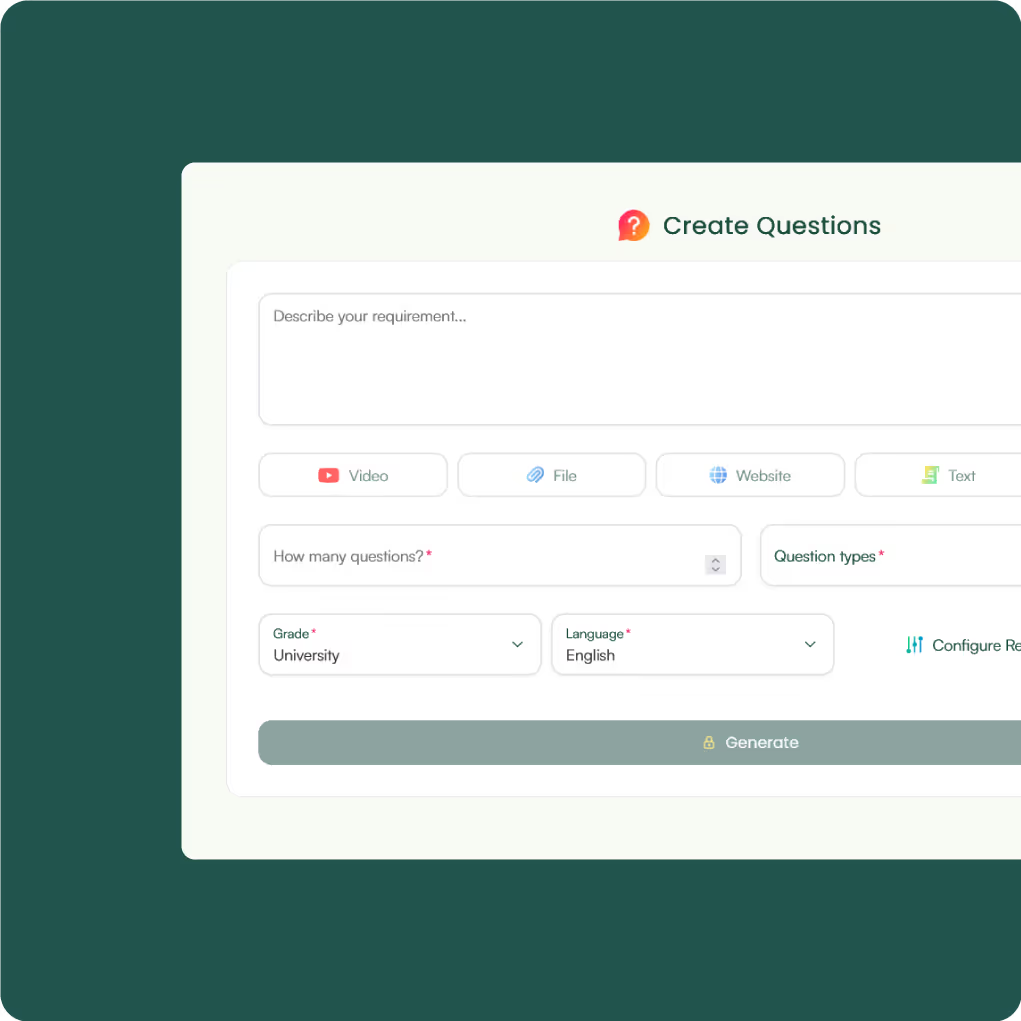
Create, modify, and share assessments with varied question types to evaluate and track student progress.
University teachers save hours with ready-to-use plans, presentations, assessments, and grading rubrics.
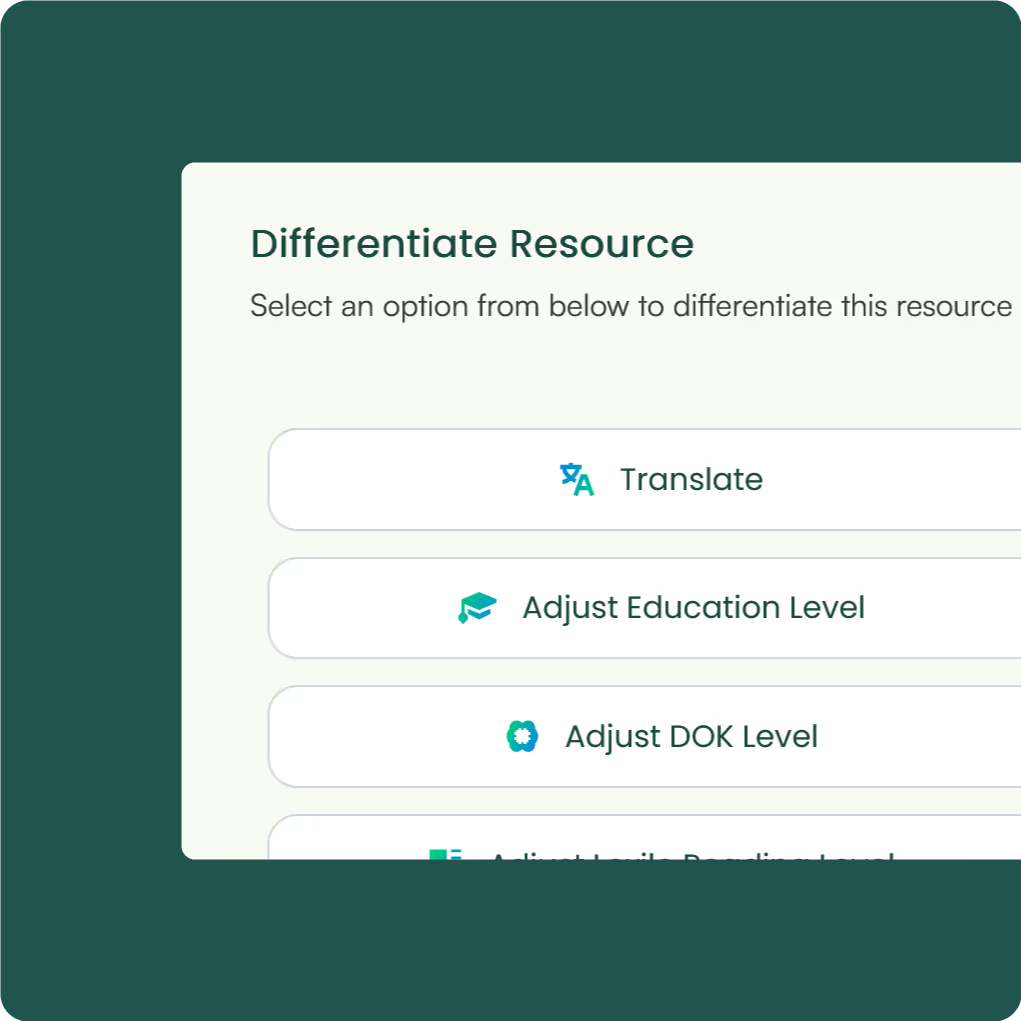
Quickly adapt content for multilingual learners, special ed supports, or tiered reading groups.
Monsha supports equitable instruction across diverse student needs and language backgrounds.
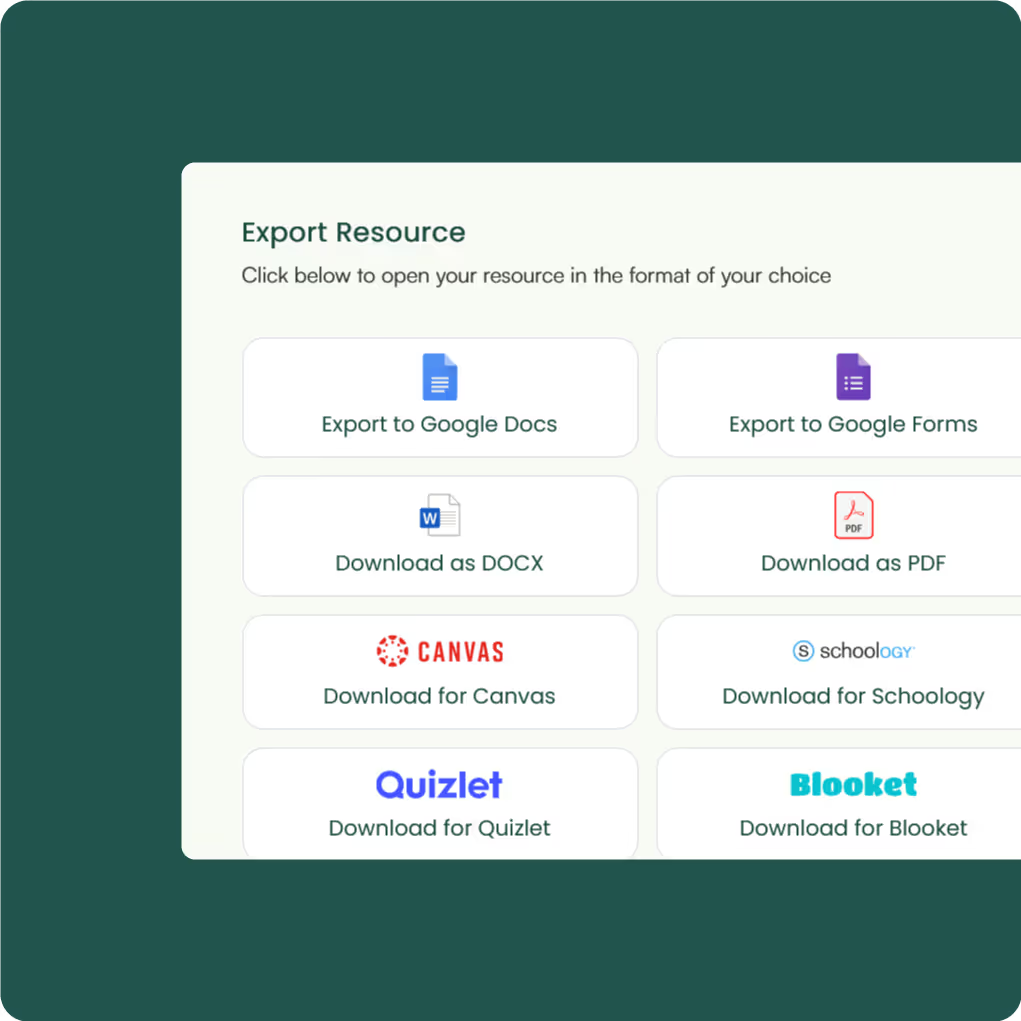
Instantly generate day-by-day lectures, workshops, assessments, and export to multiple platforms.
Teaching assistants can integrate materials into their workflows while following course structures and study plans.
Monsha’s AI-powered features are designed to meet the real demands of higher education teaching: Fast planning, deep alignment, and inclusive instruction.
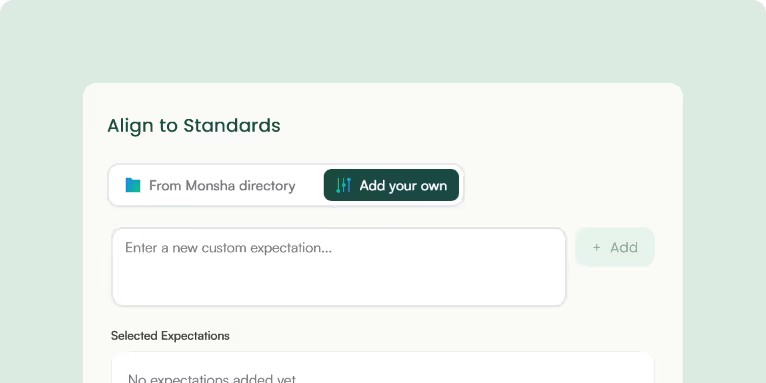
Plan entire course modules in minutes—fully aligned with academic standards.
Monsha simplifies long-term and short-term curriculum mapping, so teachers stay focused on instruction, not formatting.
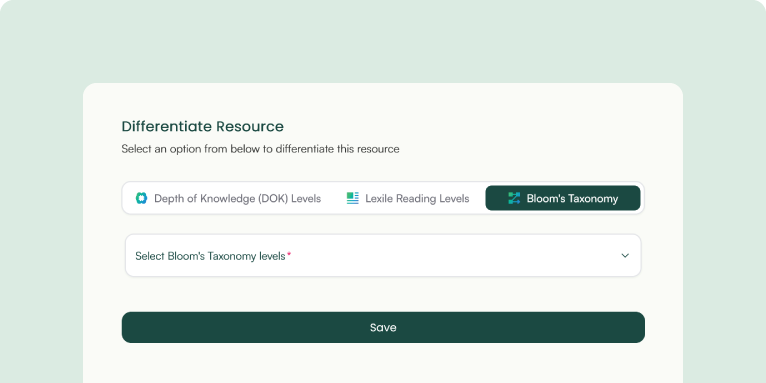
Adapt for well-known frameworks like Bloom’s Taxonomy—all in one click.
Monsha helps university teachers create inclusive learning experiences that meet the needs of every student in the room across different backgrounds.
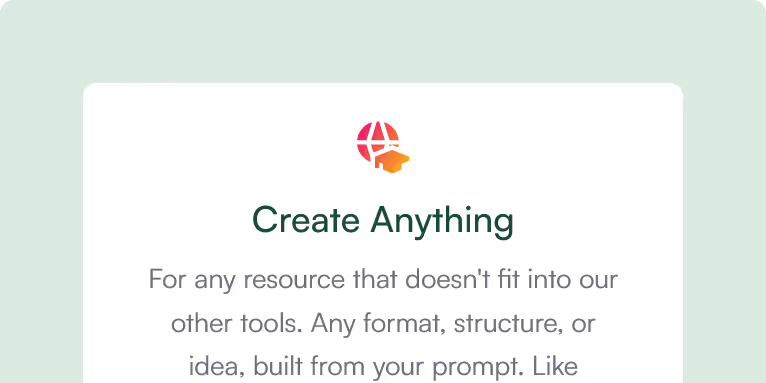
Generate teaching materials from any input: texts, URLs, videos, and more.
From test questions to grading rubrics, Monsha builds exactly what university classrooms need, fast.
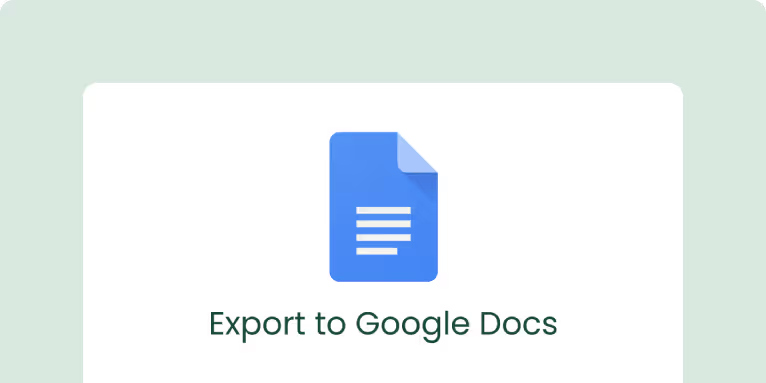
Send resources straight to Google Classroom, Slides, Docs, and more.
Monsha fits seamlessly into university teachers’ existing workflows. No retraining, just ready-to-use content.

Thanks to Monsha, diversified and iterative learning for higher education is now very much possible.
Monsha makes differentiated instruction part of university teachers’ daily workflow. No extra work, no starting from scratch.

Modify complexity to match where each student is starting, without rewriting from scratch.
Generate scaffolded resources or tiered tasks so students can learn the same standard through different paths.
Create multiple assessment formats so that students can show understanding in different ways.
Use built-in tools to translate, level, and align every resource to the learner’s needs. This includes the ability to repurpose existing materials into new formats.
This tool is fantastic! This really makes it more of an all-in-one-stop shop for me now that you've added the PPT tool upon my request. It is very intuitive as far as the prompt is concerned. And I like the options to add links, content, previous resources, and especially the YouTube feature.
teaching resources generated
reported by teachers
supported for instant translation
Create everything from lesson plans to presentations to worksheets with Monsha tools. We add new tools every week.
Create worksheets with your preferred activities: compare, label, match, practice, prompts & more!
Generate assessments using various question types like MCQ and fill-in-the-blank.
Generate formatted, exportable slide contents based on any text, file, link or video.
Generate lesson plans aligned with your objectives and standards.
Easily create visually stunning, topic-appropriate, copyright-free AI images for your lessons.
Find helpful videos, articles, downloads, and additional resources to support your lesson.
AI can assist in various stages of course design. For example, with curriculum mapping, aligning course outcomes with program goals. AI tools can also help university teachers with syllabus development, lecture topics, personalizing learning pathways, and automating rubric creation.
AI tools can analyze course content and propose learning outcomes that are specific, measurable, achievable, relevant, and time-bound, often aligned with Bloom’s Taxonomy levels (e.g., analyze, evaluate, create). It can ensure constructive alignment between Course Learning Outcomes (CLOs) and Program Learning Outcomes (PLOs).
AI tools can automate curriculum mapping across courses and programs, highlight gaps between Institutional Learning Outcomes (ILOs) and Course Learning Outcomes (CLOs), and generate documentation to support accreditation processes and program review.
Yes. For instance, AI can support Universal Design for Learning (UDL) by generating alt-text for images, providing closed captioning and transcripts, translating content into multiple languages, and offering readability suggestions to ensure clarity and accessibility for diverse learners.
AI can generate draft content and suggest readings, assignments, and lecture notes, but it may lack subject-matter expertise (SME) accuracy in highly specialized or rapidly evolving fields. That’s why university teachers and educators must critically review and supplement AI outputs.
When using AI, university teachers and educators should consider protecting students' personal and academic data, disclosing when AI-generated content is used, and avoiding biased or stereotypical content in AI recommendations. They also must review and approve all AI-generated materials before using them in classrooms.
Universities can ensure responsible and ethical use of AI by creating institutional guidelines on AI use in teaching and learning, offering faculty development workshops on AI tools, encouraging peer review of AI-assisted course materials, and establishing ethical review boards or including AI use in curriculum committee oversight.
Yes, Monsha supports curriculum mapping based on academic standards—helping faculties stay compliant and instructionally coherent.
Absolutely. With Monsha, teachers can instantly adapt materials by well-known frameworks like Bloom’s taxonomy and DOK levels—ensuring accessibility for students with different backgrounds.
Monsha can create course plans, presentations, grading rubrics, and more, from a wide range of input types.
Yes. Monsha allows one-click export to Google Docs, Slides, Forms, and Microsoft Word or PowerPoint, making it easy to use in existing teacher workflows.
Monsha offers a free Basic plan, a Pro plan at $20/month or $120/year, and custom-priced Enterprise plans for universities.
Yes. The Basic plan is free forever and includes access to curriculum planning tools and up to 10 resource generations per month.
Unlike tools that only do lesson plans or assessments, Monsha connects curriculum, resource creation, and differentiation into one intelligent workflow—saving time and improving instruction.
Join thousands of educators who use Monsha to plan courses, design units, build lessons, and create classroom-ready materials faster. Monsha brings AI-powered curriculum planning and resource creation into a simple workflow for teachers and schools.
Get started for free